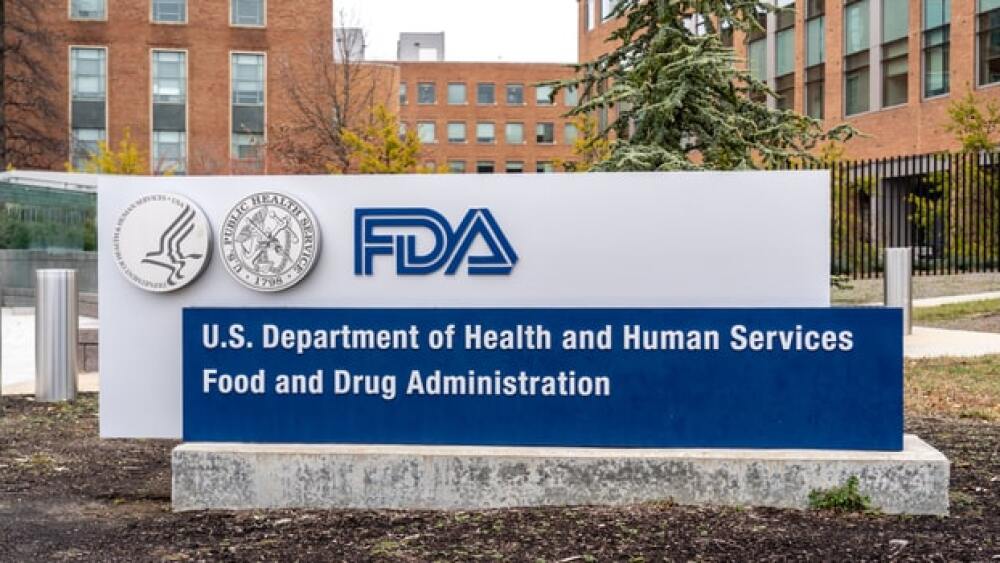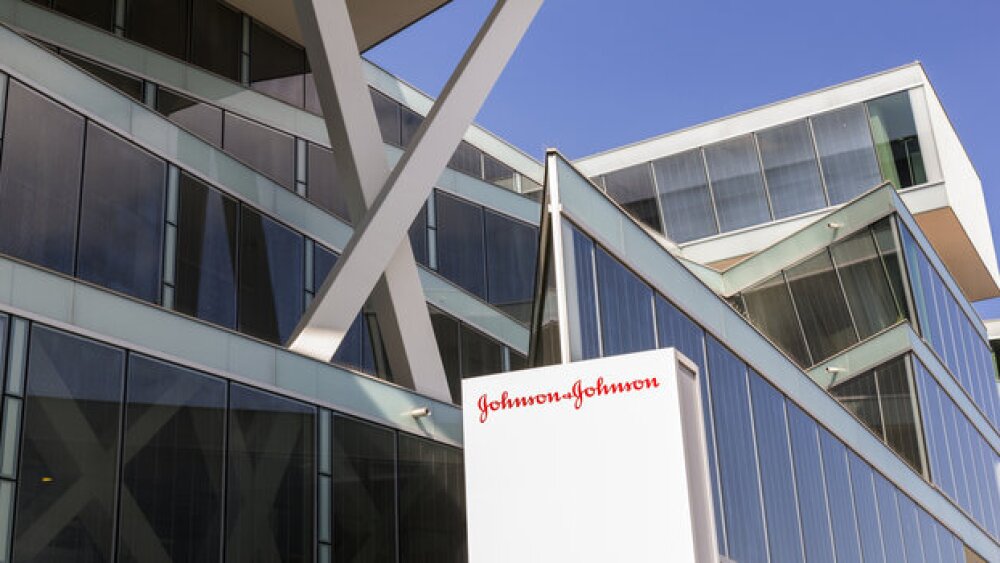Clade Therapeutics will use its funds to further its research and development on cancer treatments, while GRO Biosciences will focus on chronic diseases.
Clade Therapeutics, the biopharmaceutical startup founded by one of the scientific minds behind CRISPR Therapeutics, has raised $87 million in Series A financing to further its research and development into cloaking engineered stem cells for cancer treatment.
The funding round, led by Syncona Ltd, will power Clade’s proprietary technology, which will enable the immune cloaking of induced pluripotent stem cells (iPSCs) and the differentiation of cloaked stem cells into therapeutic cells. This allows the development of immune-compatible stem cell transplantation therapies.
The project’s primary goal is to address the body’s natural immune response attacking foreign cells, even the curative ones, which remains unresolved today.
“We have reached an era in medicine where insights across genetic engineering, regenerative medicine and immunology have enabled a revolution of cell medicines. Clade was founded to overcome the clinical limitations of current cell therapies by addressing durability, patient compatibility, reproducibility and scalability to deliver on the transformative potential of this increasingly important therapeutic modality,” commented Chad Cowan, Ph.D., chief executive officer of Clade Therapeutics, in a statement.
Dr. Cowan, a professor at the Harvard Stem Cell Institute, is one of the minds behind CRISPR Therapeutics and Sana Biotechnology. He now leads the 20-person Clade team to discover and develop cancer treatments and make these accessible to more people.
The other companies that showed support for its recent funding round are LifeSci Venture Partners, Bristol Myers Squibb, and Emerson Collective.
In other funding news, GRO Biosciences, another new biotechnology firm, raised $31.2 million in Series A financing to support efforts to create protein-based therapies for chronic diseases, including metabolic and autoimmune conditions.
GRObio is looking to improve the immunogenicity, product stability, and delivery of protein-based treatments in an expansive but largely underserved market. Protein therapeutics is a $200 billion industry, yet there is still much to be said about the quality of available therapies.
The $31.2 million will be used to support GRObio’s bioprocess manufacturing systems, preclinical evaluation studies, and IND-enabling studies for its non-standard amino acid (NSAA) protein treatments.
The company’s initial developments will involve its DuraLogic and ProGly chemistries. DuraLogic focuses on therapeutic stability and dosing schedules, while ProGly is all about reeducating the immune system to treat autoimmune illness or eliminate the immune-linked side effects of protein-based treatments.
“Using our GRO platform and proprietary biofoundry technologies, our team has designed, tested and selected our first families of NSAA chemistries to drive our product pipeline, focused initially on autoimmune and metabolic disorders. Our plan is to simultaneously pursue strategic partnerships to keep core value in the company while advancing our own internally developed programs. I look forward to providing updates on the continued progress of our platform and pipeline,” noted Daniel J. Mandell, Ph.D., co-founder and CEO for Gro Biosciences, in a press release.
The Series A funding round is co-led by Redmile Group and Bayer, which are responsible for $25 million, while the remainder is from other investors, including Innovation Endeavors and Digitalis Ventures.





